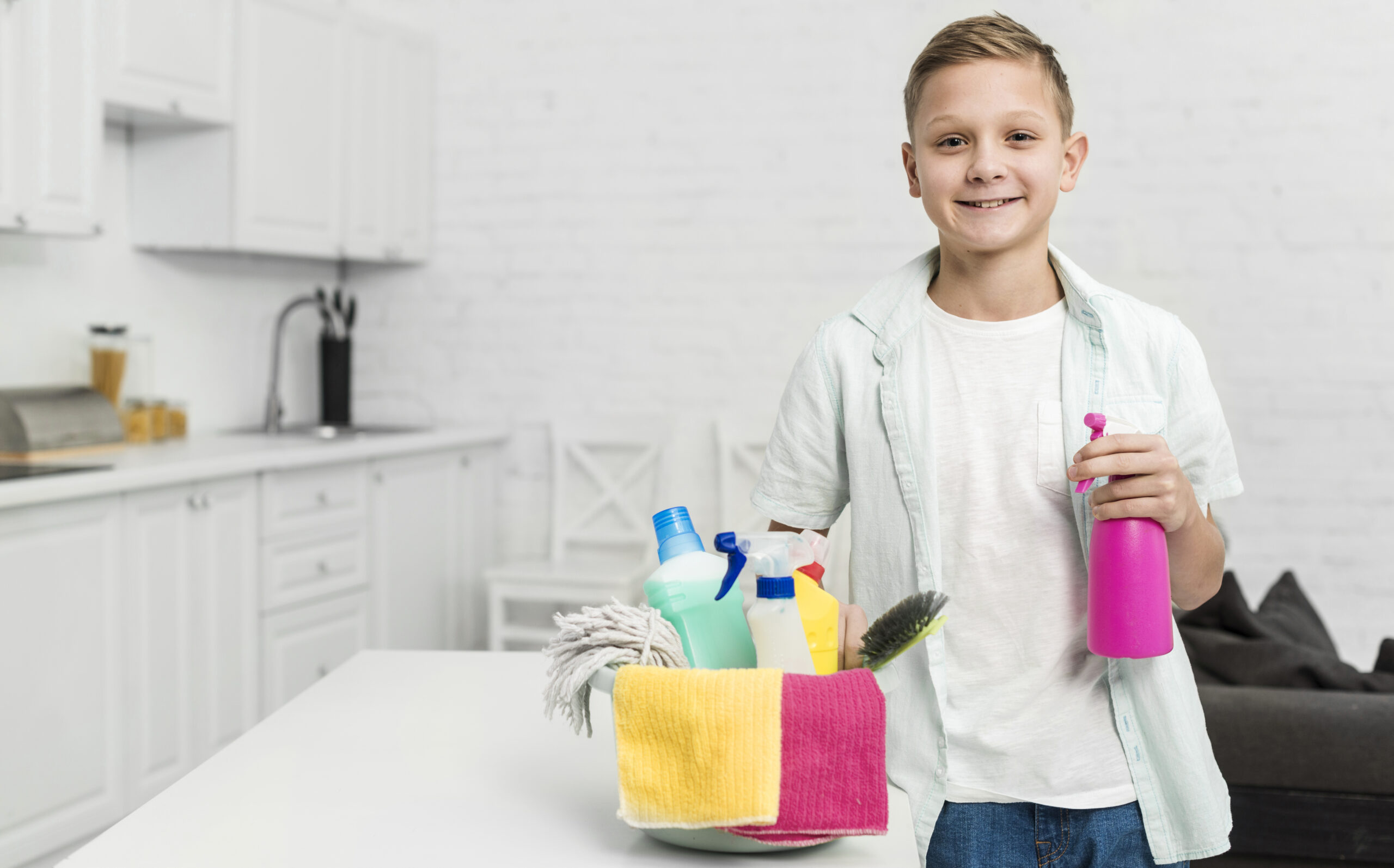What Jobs Can Kids Do? A Guide for Young Families in Australia

As your kids grow older, you might start hearing those classic words: “I want to earn my own money!” Whether it’s for a new bike, a phone, or just for fun, many kids are keen to start working and gaining a bit of independence. But what jobs can kids actually do in Australia, and what’s legal?
Let’s break it down. From babysitting and dog walking to casual jobs at the local shops, there are plenty of opportunities for young Aussies to get started. This guide covers the options for both pre-teens and teens, including legal considerations, job ideas, and tips for parents to support the journey.
What Does the Law Say?
Australia doesn’t have one national minimum working age – it varies by state and territory. In most places, kids can start working in some capacity around the age of 13, though some states allow supervised delivery jobs (like newspapers or flyers) from age 11.
A few key points to know:
-
Kids under 15 usually need parental permission, and in some states, the employer must hold a child employment permit.
-
There are limits on how many hours school-aged kids can work – often no more than 12 hours per week during term time.
-
Kids can’t work during school hours and must not do hazardous work (like using machinery or serving alcohol).
-
Work should always be safe, age-appropriate, and not interfere with schooling.
Always check the specific rules for your state or territory if your child is considering formal employment.
Formal Job Options for Teens
Once kids hit their early teens, more job options become available, especially casual and part-time roles. These often suit students looking for after-school or weekend work.
1. Fast Food & Hospitality
Places like McDonald’s, KFC, and Hungry Jack’s are well-known for hiring juniors. Kids aged 14 and up are commonly employed to work the register, clean tables, prepare food, or serve customers. Some restaurants and cafes will also hire younger teens with parental consent.
2. Supermarkets & Retail
Chains like Coles, Woolies, and local IGA stores often hire kids from around age 14–15 for shelf-stacking, checkout duties, and trolleys. Larger retail stores might have higher age requirements, but smaller family-run shops could be more flexible.
3. Newspaper or Flyer Delivery
Still a good starter job for kids aged 11+, delivering flyers or newspapers is a classic gig that builds responsibility and work ethic. It’s also flexible and usually local.
4. Market Stalls or Family Businesses
Helping out at a market stall or your own family’s business is a great intro to work. Tasks might include restocking shelves, tidying, serving customers, or taking payments (with adult supervision).
5. Apprenticeships (for older teens)
Once your teen is 15 or older, they might consider a school-based apprenticeship or traineeship. These programs mix hands-on work and formal training and are a solid step into trades or industries like hairdressing, mechanics, or hospitality.
Informal Gigs for Eager Kids
Even younger kids can get involved in informal jobs around the home or neighbourhood – jobs that build confidence and offer small rewards, even if they’re not “real” employment.
1. Chores for Pocket Money
Helping out at home is where it all begins. Washing the car, vacuuming, mowing the lawn, or walking the dog can all come with a small reward. It’s a great way to teach kids the value of money early on.
2. Babysitting
Responsible teens (and some mature pre-teens) can offer babysitting services for neighbours or family friends. Starting with short stints and familiar families is a good way to build experience.
3. Dog Walking & Pet Sitting
Animal lovers might enjoy walking dogs after school or feeding pets while neighbours are away. It’s an easy, flexible way to earn a little money and get to know the community.
4. Odd Jobs for Neighbours
Lawn mowing, weeding, bin duty, car washing, or helping out with errands are all useful services that neighbours might be happy to pay for. This kind of work also builds trust, conversation skills, and initiative.
5. Tutoring & Lessons
Teens who are strong in a subject (or have a special talent like playing piano or coding) might offer tutoring to younger kids. It’s a great confidence boost and looks great on a future resume too.
6. Mini Businesses
Got an entrepreneurial kid? Encourage them to sell crafts, bake treats, or make jewellery to sell at a local market stall or school fete. With a bit of help from an adult, older kids might even explore safe online selling with parent supervision.
Tips for Parents
1. Know the Rules
Understand your local laws and make sure your child’s job fits within the age and hour limits. Some states require permits or written permission, especially for under-15s.
2. Keep It Safe
Ensure the work environment is safe and age-appropriate. No heavy lifting, late nights, or risky tasks. Visit the workplace if possible and meet the employer.
3. Set Boundaries
School should come first. Help your child manage their time and avoid overcommitting. One or two short shifts a week might be plenty.
4. Teach Financial Literacy
Use the experience to build good habits – open a savings account, talk about budgeting, and let your child set spending goals.
5. Stay Involved
Talk regularly about how the job is going. Celebrate wins (like their first pay!) and offer support if things get tricky.
Why It’s Worth It
Getting a job, formal or informal, can be a milestone for kids. They learn responsibility, teamwork, time management, and the satisfaction of earning their own money. It also sets them up with real-world experience that will come in handy later.
Whether it’s walking the neighbour’s dog or taking a shift at the local café, work helps kids grow in confidence and independence. And for families, it’s a proud moment to see your child take that first step into the working world.
Any advice is general in nature only and has been prepared without considering your needs, objectives or financial situation. Before acting on it, you should consider its appropriateness for you, having regard to those factors. Before making any decision about whether to acquire a financial product, you should obtain the Product Disclosure Statement.
Latest News Articles
Back to Latest News
End-of-Year Money Checklist: 10 Things To Do Before NYE

Redundancies in Australia Rising Quietly in White-Collar Sectors


